OPINION|
You can build a lot of social capital by living in one place for a long time, but it does not always guarantee that you will love where you live.
The difference fascinated me, so I contacted Melody Warnick, author of This Is Where You Belong, and asked her to be a guest on my monthly Neighboring 101 class via Zoom.
During our interview, Warnick said after she got married and moved seven times in 12 years, she felt disconnected and isolated. But she also was curious about what makes the difference between a place you move to and feel at home versus a place where belonging is a struggle.
“What drove me to write the book was moving to a place that was initially a struggle. We moved from Austin, Texas, for my husband to take his dream job at Virginia Tech in Blacksburg, Virginia. Moving from a big city to a smaller town is a challenge,” said Warnick.
The town was unfamiliar. Warnick missed having good Mexican food. She began to think they needed to move again.
“I quickly realized that we wouldn't be moving, and I needed to figure out how to feel OK in this town. I needed to learn how to fall in love with it. That led me to investigate what happens when people develop that connection with their community,” said Warnick.
Quickly, she realized what she was investigating had a name: place attachment.
“Place attachment is that feeling of connectedness and belonging we can have in a community,” said Warnick. “Having a sense of belonging is good for your health, good for your mental health, good for your well-being, and good for communities economically.”
Warnick is transparent about not liking her new town at first. But she didn't have a long pity party. She jumped in and discovered local food, festivals, and markets. Her most important discovery was that we can create place attachment for ourselves with certain behaviors.
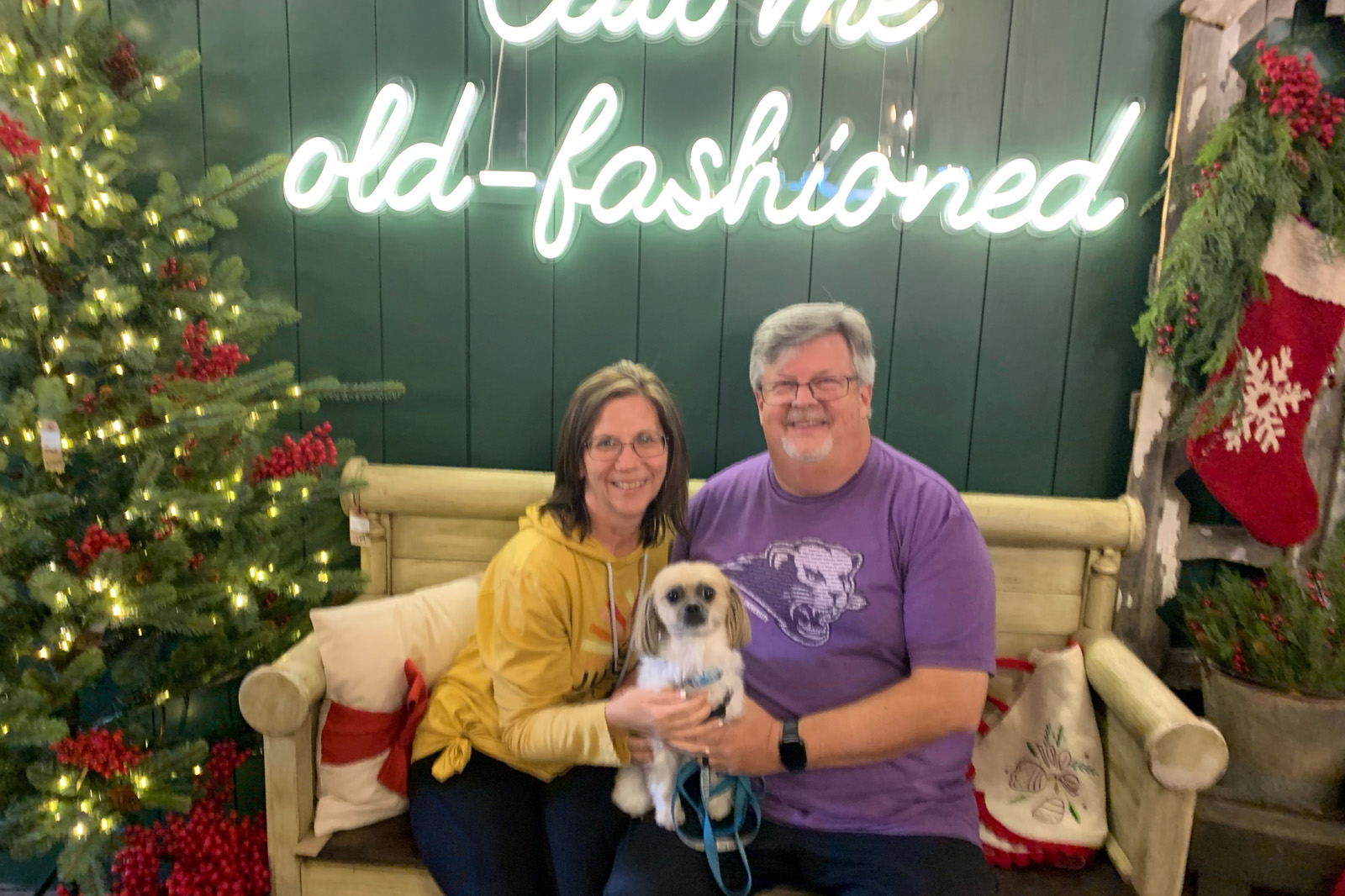
Warnick participated in things she usually would have avoided. She attended a flash mob where organizers showed up to support a skateboarding shop. She participated in a chalk festival that area residents seem to love.
“There is value in trying and having new experiences,” said Warnick. “That's something that I've discovered about place attachment. We do better with place attachment if we embrace what our town is good at rather than wish our town was good at something else.”
For example, residents of her new hometown love college football.
“I realized this is something that my town cares about. I had zero interest in football. But I got a T-shirt and started going to games,” said Warnick.
Warnick also has a whole chapter in This Is Where You Belong about neighbor relationships and what that means to us in our place attachment.
“The No. 1 factor influencing people's sense of attachment in their community is their relationships and whether they feel like they have friends,” said Warnick.
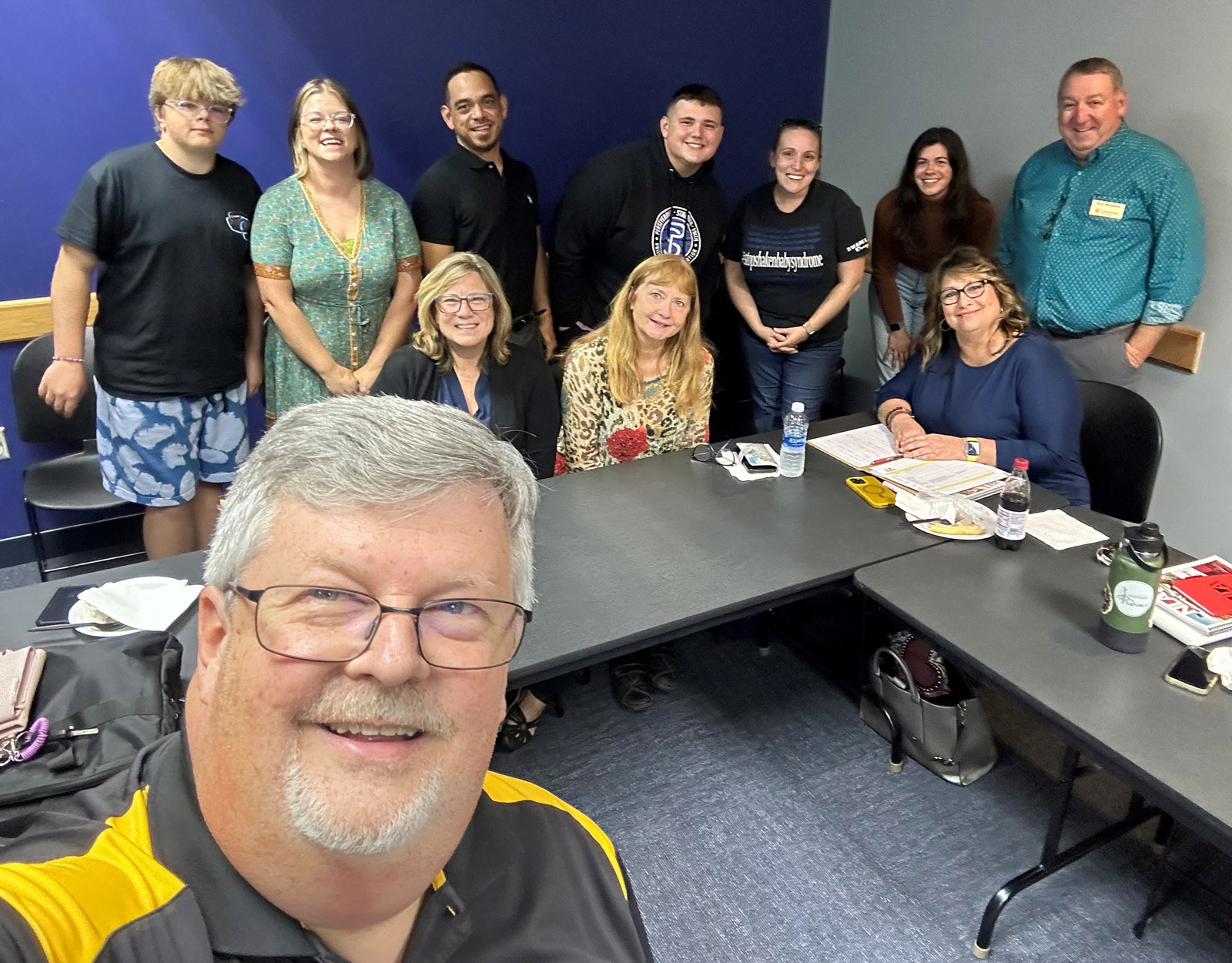
Important to be civically engaged
“As a civic leader, when you understand place attachment and how attached you are to a place, it can help you understand why you're doing what you're doing and why it matters,” said Warnick.
Civic leadership has some unique challenges these days. But there must be a reason why people choose to sacrifice and lead in a community.
“Many times, people step into civic leadership because of their relationship with the community,” said Warnick. “A lot of research shows there is a reciprocal relationship there. People become civically engaged, even taking on paid or unpaid roles in the community because they're attached, and because they're attached, they gravitate towards those roles.”
At the same time, Warnick says running for office or serving in civic leadership can sometimes make you like your town less.
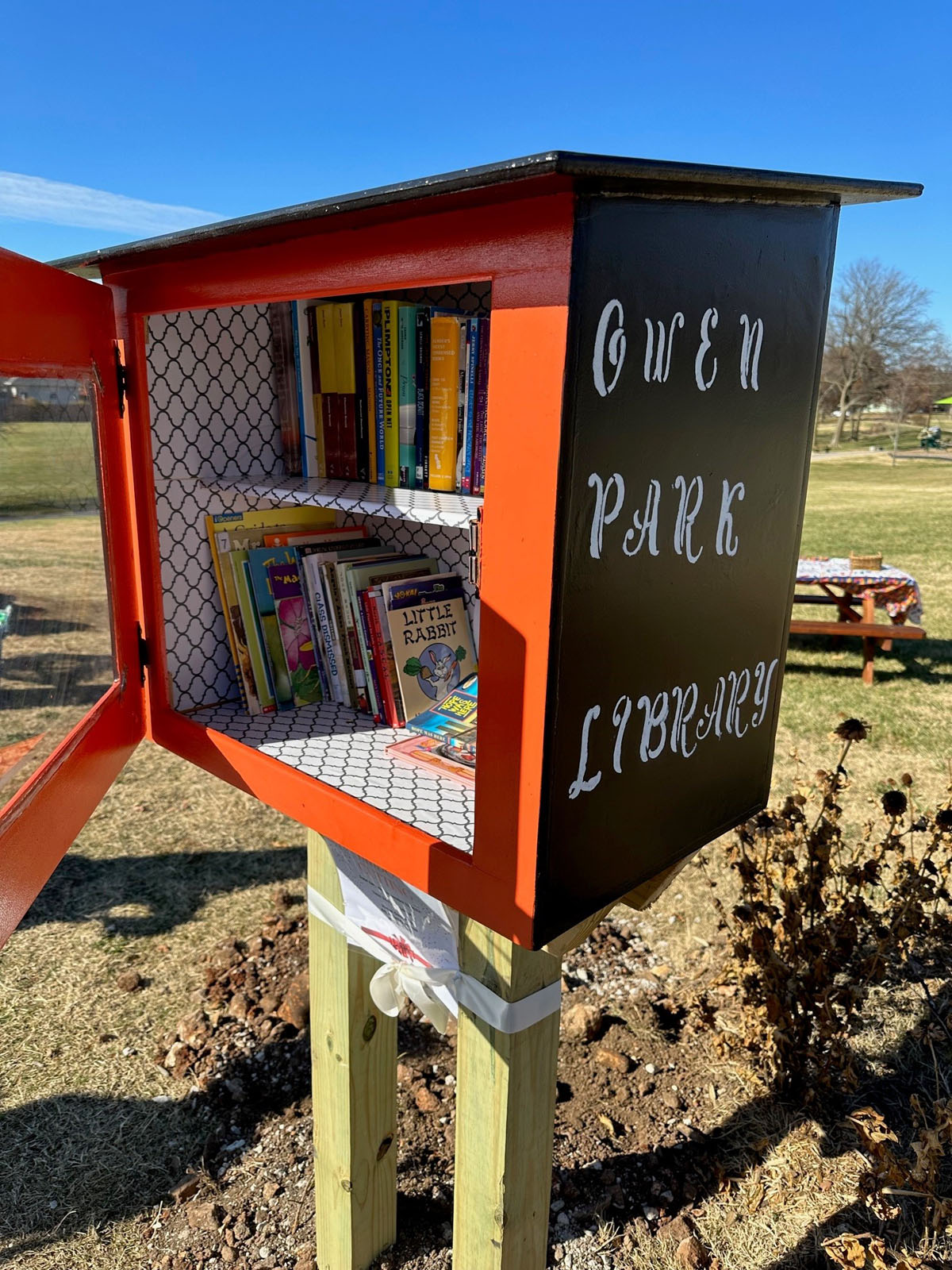
“You see how the sausage is getting made. You deal with all the problems. You have to deal with people's criticisms of you. In that struggle, it is not only helpful, but I would say necessary to keep your eye on the reason for doing it, which is that you love this place and you want it to be better, and you have some level of connection,” said Warnick.
Local government should also consider investing in place attachment by measuring it and fostering it among residents.
“A lot of what fosters a feeling of place attachment among residents is building community relationships. Doing things that foster place attachment is, I think, important for community leaders,” said Warnick.
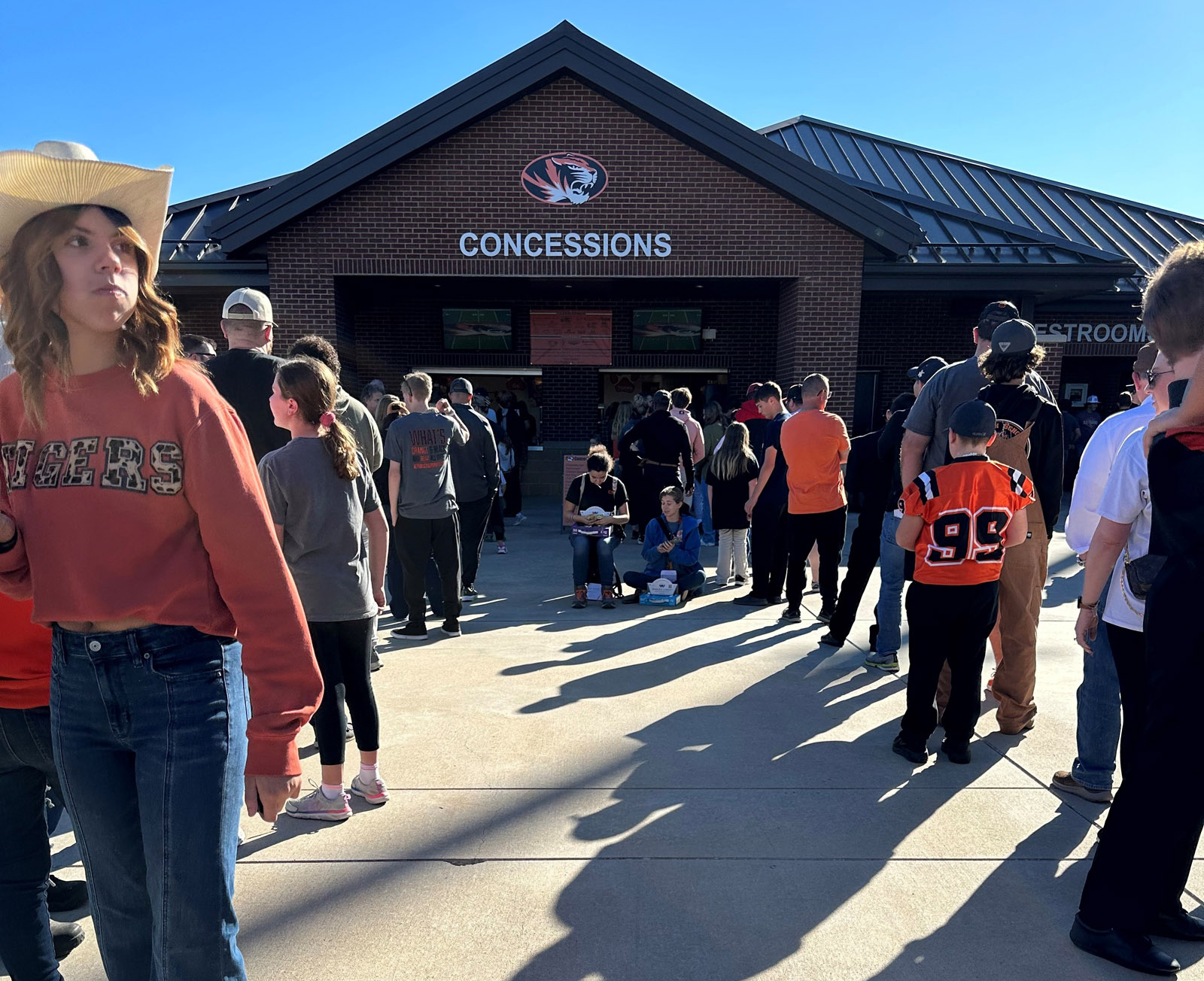
Soul of the Community survey explores connections
The Knight Soul of the Community survey (done by Gallup) explores the connection between local economic growth and peoples' emotional bond to a place. Three years of data clearly show a significant, positive link between resident attachment and local GDP growth.
A few easy activities to learn to love your town.
- Visit a Farmer's Market regularly.
- Start attending a local church.
- Get appointed to a city board.
- Join a community civic organization.
- Volunteer for a nonprofit in town.
- Invite neighbors over for dinner or coffee and dessert.
- Join your Homeowners or Neighborhood Association.
- Attend a neighborhood or community event.
- What do other residents love? Find out and give it a try!
Surprisingly, social offerings, openness, and beauty are more important than people's perceptions of the economy, jobs, or essential services in creating a lasting emotional bond between people and their community. Interestingly, perception of the local economy is not a leading reason residents create an emotional bond with a place.
The 26 cities in the survey with the highest levels of resident love and passion for their community, or resident attachment, also had the highest GDP growth rates over time.
Three community qualities — social offerings, openness, and beauty — have consistently emerged as the leading drivers for community attachment over the three years of research.
One theory is when a community's residents are highly attached, they will spend more time there, spend more money, be more productive, and be more entrepreneurial. The study gives community leaders the knowledge they need to impact their community.
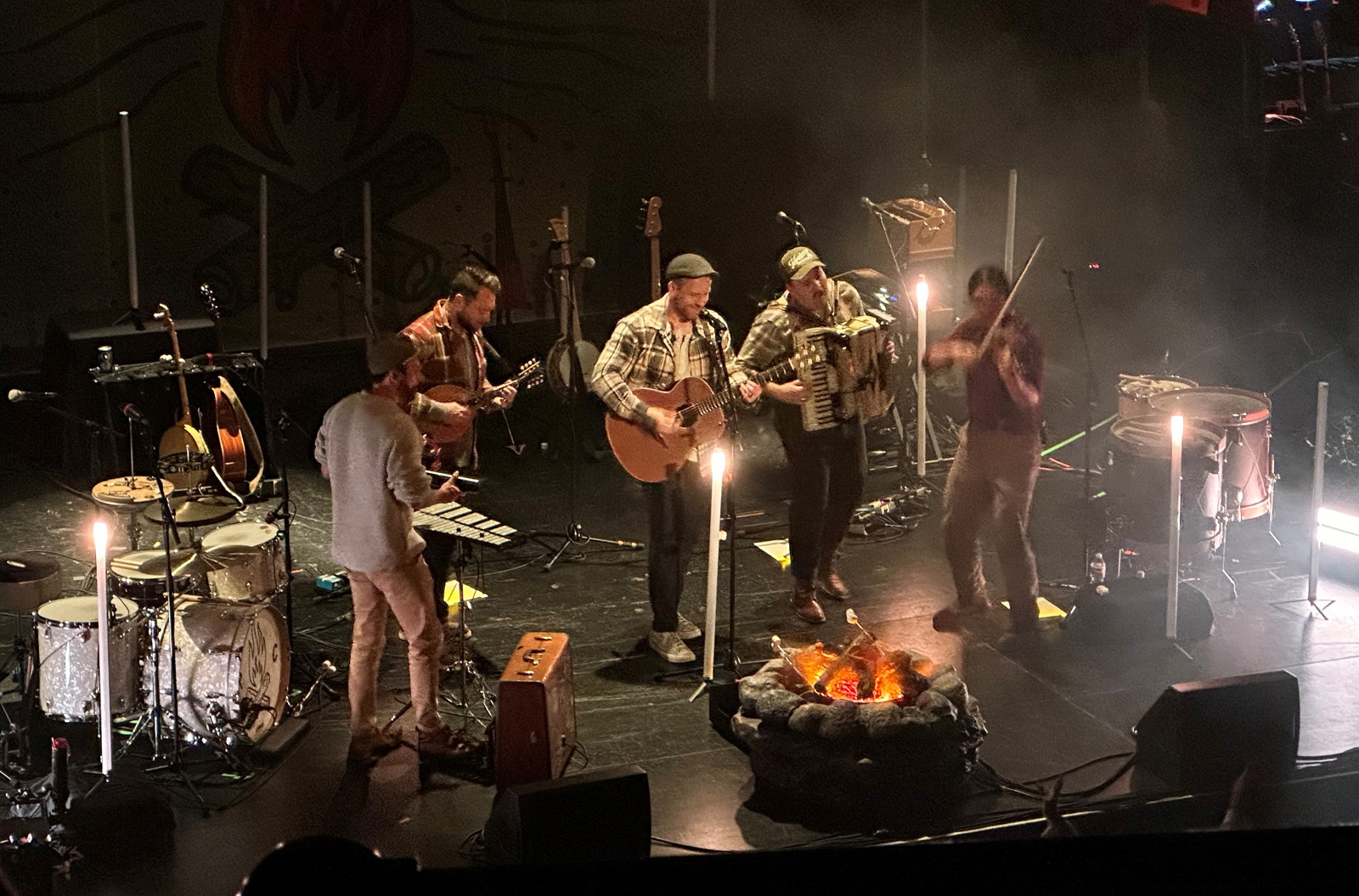
Interest growing in place attachment
According to Warnick, place attachment is critical now that many people can live anywhere and work remotely.
The Soul of the Community survey shows that place attachment is based on perception. As a result, more communities prioritize public spaces, parks, walking paths, trails, events, neighborhood-focused activities, and becoming more welcoming.
“You can't always build for openness, but it comes when people feel connected to each other. They're feeling some joy in their community. I think that's what place attachment is: how we experience joy in our towns because we love them and are happy to be there,” said Warnick.
You can learn more about Warnick on her website. Her books are also available at the Springfield-Greene County Library or for purchase online.



